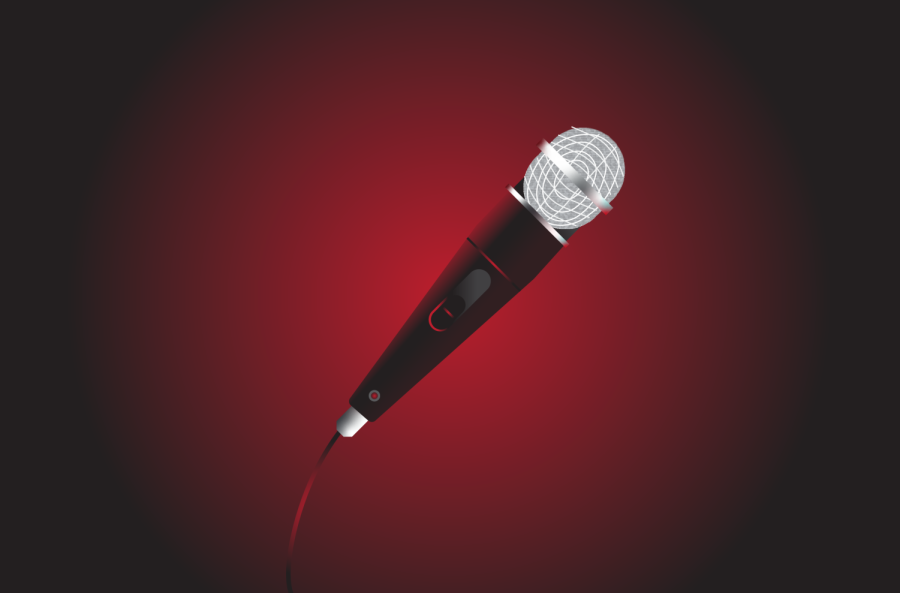“M.I.A.M.I (Murder is A Major Issue)”; Recent Deaths in Rap Industry Spark Conversation About Media Coverage
Over the past year, a staggering number of murders in the rap community have been reported in the media, with the most recent being Migos rapper Takeoff. Behind tributes and investigations, the media’s increased interest in the murders of these artists that have worsened over the last two decades poses a larger problem as they seem to hyperfocus on the deaths rather than the issue as a whole.
Takeoff marked the seventh gun-related death within the rap community this year according to the U.S. Sun. Wavy Navy Pooh, Tdott Woo, Snootie Wild, Trouble, PnB Rock and Lotta Cash Desto were gunned down while engaging in mundane activities. Takeoff was socializing outside a bowling alley with fellow Migos rapper Quavo. Wavy Navy Pooh and Desto were driving with passengers. Tdott Woo and Trouble were sitting in their homes with family, with Tdott Woo just signing a record deal with Million Dollar Music earlier that day. PnB Rock and his girlfriend were eating dinner at Roscoe’s House of Chicken & Waffles. The circumstances of Snootie Wild’s death are unusual as a witness claims the artist pulled a gun on her after he and a group of people stopped beside her car, which was stuck in a ditch. As she ran away, she heard the gunshot that claimed Snootie Wild’s life. All of the victims were between 22 and 34 years old.
Mary-Antoinette Smith, a professor of English and Women, Gender and Sexuality studies, argues that the internet complicates conversations about the root causes of the violence given that the high volume of information available about the deaths is not always accurate. “We can’t afford the luxury of just saying ‘what’s going on’ because none of us really know or understand what’s going on,” Smith said.
This fact rings true to fans of the genre. Nariah Morales, a first-year forensic science major, argues that it seems like many rap artists have a target on their back every time to write or perform, but cannot fathom the motivations behind the murders.
“You never know what is on someone’s mind,” Morales said. “You never know if they were sent there to do this for money or they sent a hit on you; you just never know.”
While the recent string of rap artists deaths are shocking, radio host Besa Gordon believes they are not a recent trend. The iHeart Radio and Converge Media personality says gun violence has always been prevalent in the community and the media is only now catching up with it.
“Everyone thinks it is on the rise, when in reality it has always been that way, but now it is publicized on a different level,” Gordon said. “With social media, everyone is able to get news out there so much faster. And you are able to not only hear about the big rappers that have passed away, but now we are able to see rappers with only 50,000 or 100,000 followers also losing their lives.”
As a radio host, Gordon discusses the similarities between her career and the news sites as both fields focus issues they know will bring the most traffic into their show or article. When it comes to deaths within the rap community, the events leading up to the murder is usually not discussed in favor of writing about the artist’s career and the death itself.
“I think what the media focuses on is whatever they think will get them the most clicks,” Gordon said. “In radio, you don’t have that much time to talk; you only have a few seconds. Within those few seconds, if people can’t relate or simply don’t understand what you are trying to talk about, they tune out pretty quickly.”
Listeners and advocates like Morales and Smith are concerned about these issues within the rap community as more and more artists are being killed off. They see these artists as interpreters of the world many people of color live in, filled with violence and fights for power.
“What we are denied in school is textbook knowledge of history,” Smith said. “But rap artists and the artists I am familiar with in my generation were the spokespersons and teachers of the streets. They were living history. While our history books weren’t telling us what was really going on, these musicians were in their lyrics.”
While the underlying causes of these deaths are still disputed, their impact upon fans and the communities of these rappers is undeniable. While media outlets continue to explore the socioeconomic and cultural factors that lead to violence against rap artists, families and neighborhoods mourn.


